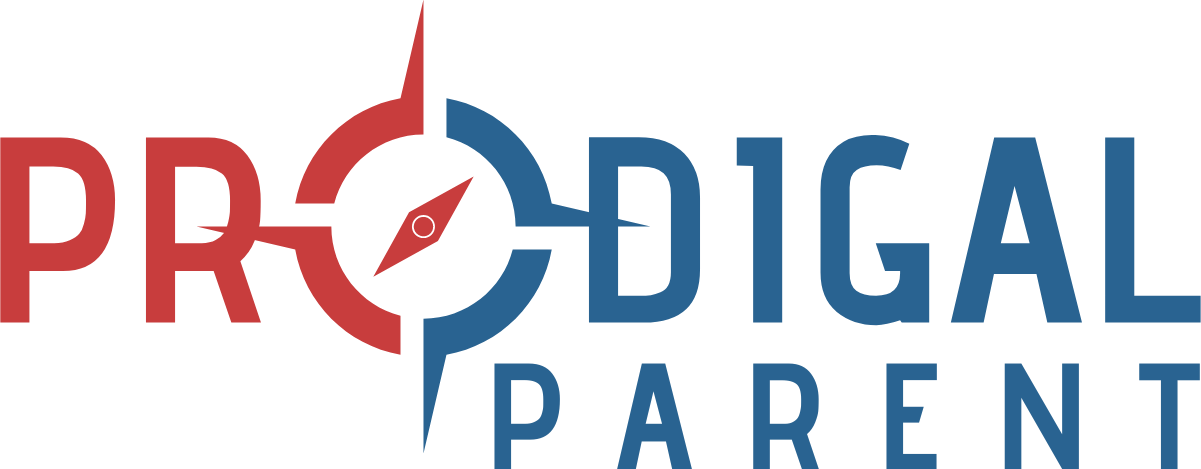
From Struggle to Strength: How Families Can Rebuild Connection and Hope Amid Substance Challenges
Substance-related challenges within a family are one of life’s most testing experiences. It can feel like a storm, uprooting relationships, trust, and hope. However, even in the most turbulent times, the possibility of rebuilding connection and fostering a renewed sense of purpose remains. This post will guide you through practical steps, real-life stories, expert advice, and resources to help families move from struggle to strength.
1. Recognizing the Impact: Why Connection Matters
Substance challenges often strain familial bonds, causing misunderstandings, resentment, and emotional distancing. Recognizing the ripple effects of these challenges on each family member is crucial. The first step toward healing is acknowledging the pain while committing to rebuilding.
Key Takeaways:
Families often face cycles of anger, guilt, and frustration.
Connection is a foundational step in healing—a united front strengthens resilience.
2. Building Trust: The Foundation of Reconnection
Rebuilding trust is one of the hardest yet most essential parts of the recovery process. Substance-related behaviors often erode faith and reliability within relationships, making trust restoration vital.
Steps to Rebuild Trust:
Open Communication: Create a judgment-free space for honest conversations.
Set Realistic Expectations: Understand that rebuilding trust takes time.
Follow Through on Promises: Consistency is key to restoring faith.
Acknowledge Mistakes: Owning up to past actions fosters mutual respect.
3. Communication: Speaking and Listening with Compassion
Effective communication is the bridge to understanding and connection. Substance-related challenges can cause both parties to become defensive or withdrawn, which intensifies the emotional divide.
Tips for Compassionate Communication:
Use "I" Statements: Share feelings without placing blame (e.g., “I feel hurt when…”).
Active Listening: Focus on understanding rather than responding.
Avoid Ultimatums: They often create resistance instead of cooperation.
Celebrate Progress: Recognize and verbalize small victories to build motivation.
4. Establishing Healthy Boundaries: The Key to Sustainable Relationships
Boundaries are essential for protecting emotional health and fostering mutual respect. Without them, relationships can become enabling or overly controlling.
Practical Steps to Set Boundaries:
Define Non-Negotiables: Clearly outline what behaviors are unacceptable.
Communicate Boundaries Clearly: Ensure all parties understand the expectations.
Stick to Your Decisions: Consistency reinforces the importance of boundaries.
Seek Support: Professional guidance can help families enforce boundaries effectively.
5. The Power of Family Therapy
Family therapy can be a transformative tool for addressing deep-seated issues, fostering understanding, and creating actionable strategies for moving forward together.
Benefits of Family Therapy:
Provides a neutral space for open dialogue.
Helps identify and address unhealthy dynamics.
Strengthens coping mechanisms for all members.
Creates a collaborative plan for long-term recovery.
6. Real-Life Stories: Hope and Healing in Action
Story 1: Jane’s Journey to Rebuilding Trust with Her Son
After discovering her son’s substance use, Jane felt betrayed and helpless. Through therapy, open conversations, and small steps, they rebuilt their bond over two years. Today, her son is sober, and their relationship has transformed into a partnership.
Story 2: The Smith Family’s Path to Reconnection
The Smiths were on the brink of breaking apart. By attending support groups together and implementing boundaries, they found a way to support their daughter without enabling her behavior.
7. Expert Advice: Insights from Professionals
Key Recommendations:
Dr. Sarah Mills, Family Therapist: “Recovery is a marathon, not a sprint. Small, consistent actions make a big difference over time.”
Coach Michael Reyes, Addiction Counselor: “Don’t underestimate the power of empathy. Even when setting boundaries, empathy fosters connection.”
8. Tools and Resources: Building Your Family’s Toolkit
Support Groups:
Al-Anon: For families of those facing substance challenges.
Nar-Anon: A resource for families and friends.
Books:
Beyond Addiction: How Science and Kindness Help People Change by Jeffrey Foote
Codependent No More by Melody Beattie
Online Resources:
SAMHSA: Offers a variety of guides and helplines.
Partnership to End Addiction: Provides free resources and professional support.
9. Embracing Progress: The Road Ahead
Healing and recovery are not linear. There will be setbacks, frustrations, and challenges. However, by focusing on the progress made and committing to the journey, families can rebuild stronger and healthier relationships.
Final Thoughts:
Celebrate small wins—they lay the foundation for bigger milestones.
Stay committed to open communication and trust.
Remember, recovery is a shared journey—lean on one another for support.
Rebuilding connection and hope after substance challenges is a testament to the strength of familial love. With the right tools, mindset, and support, families can transform their struggles into stories of resilience and triumph. If you or someone you know is navigating this journey, remember: you are not alone, and hope is always within reach.

